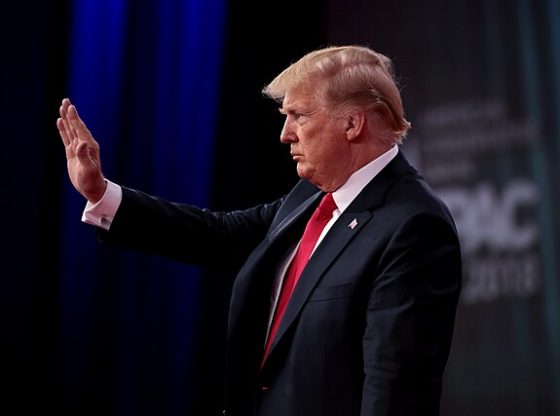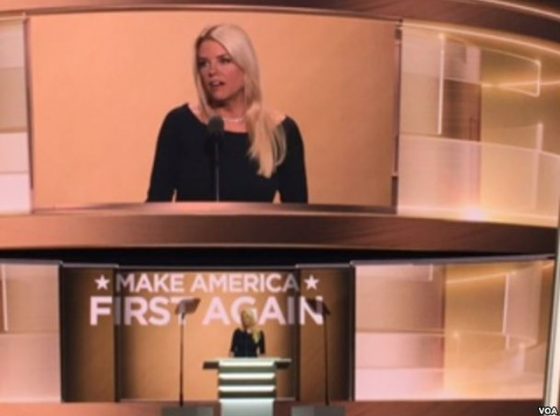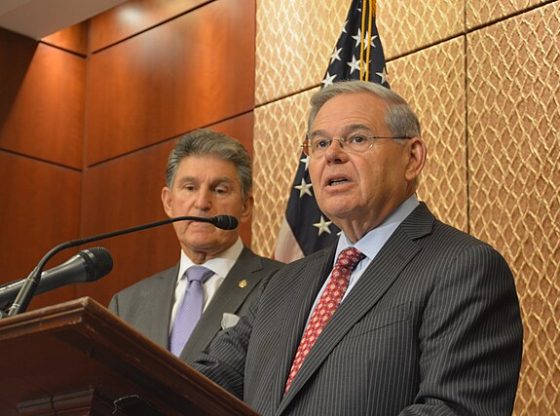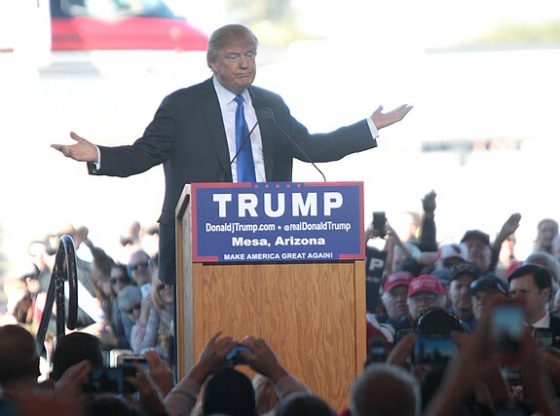Paul Ryan has informed Republican lawmakers that he would like to be Speaker. Under certain conditions:
Rep. Paul Ryan (Wis.) moved closer to the House speakership Tuesday, telling fellow Republicans that he would consider taking the job if he could be assured that the caucus would unite behind him.
Ryan faced his colleagues — and his political future — at a private evening meeting of House Republicans in the Capitol basement. He said he would be willing to step into the speaker’s role, ending weeks of GOP leadership turmoil, as long as disparate factions moved in the coming days to support him.
“I hope it doesn’t sound conditional — but it is,” he said, according to members inside the room. He paused after saying the word “conditional,” they said, for effect.
Ryan appears set to take the role on his own terms, but those are in direct conflict with some members- such as those in the House Freedom Caucus- who believe there is a fundamental problem with the way the House goes about its business. Ryan doesn’t seem to see it that way.
Those conservative House members have pushed for a suite of rules changes, ranging from an overhaul of the party’s internal steering committee to a more open process for considering legislation. Ryan, they say, would not be exempt from those demands, which, if adopted, could give the new speaker less control.
“The next speaker must follow House rules and commit to an open process for debating and amending legislation,” the Freedom Caucus tweeted shortly before the evening conference meeting began.
Ryan wants House conservatives to make clear that they would not seek to undermine him from the start, said Peter Wehner, a former adviser to President George W. Bush.
“He doesn’t have a moral obligation to get Republicans out of the rubble they’ve created for themselves,” Wehner said. “Asking for their goodwill is completely reasonable.”
Rep. Mick Mulvaney (R-S.C.), a Freedom Caucus member who has expressed measured support for Ryan as speaker, said Ryan could not expect to unify Republicans without making some procedural concessions.
The issue is whether or not Ryan is looking to concede and show that he can work with those in the Freedom Caucus who represent the interest of many Americans who hated John Boehner’s backroom across the aisle style of governance. Ryan’s record on issues like the Troubled Asset Relief Program and on amnesty for illegal aliens troubles many, and his hard line here suggests he has more tolerance for reaching across the aisle to deal with Democrats than he does in reaching out to those in his own party who are committed to passing conservative legislation. Ryan has offered to meet with the House Freedom Caucus, who at this point are still backing Daniel Webster. If Ryan remains committed to disregarding calls for conservative reforms, that’s unlikely to change.














